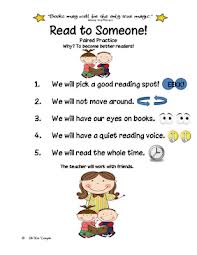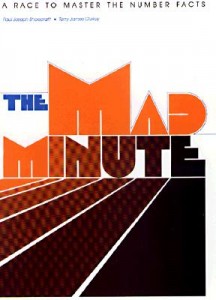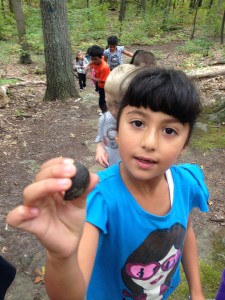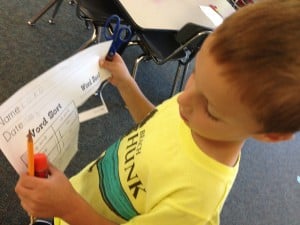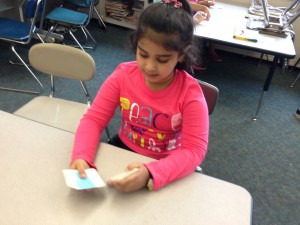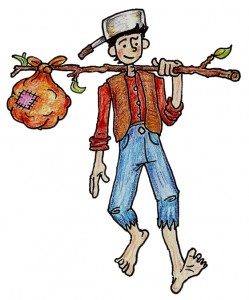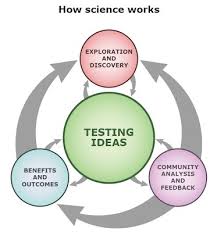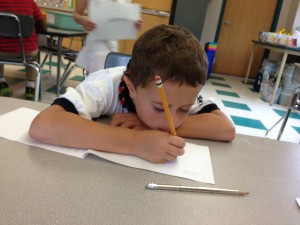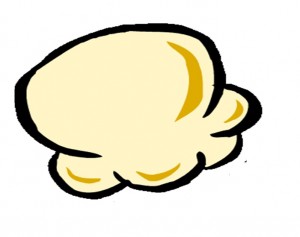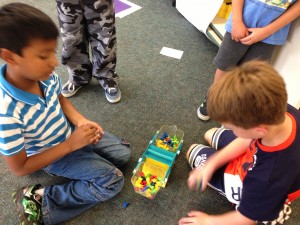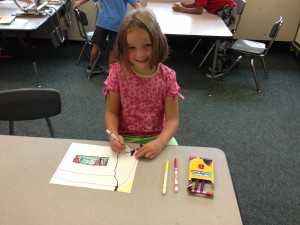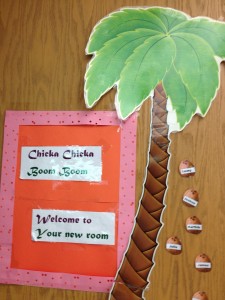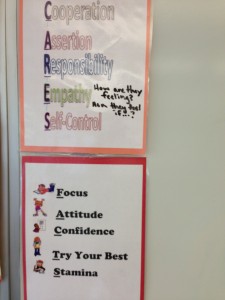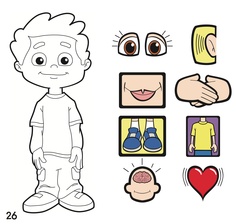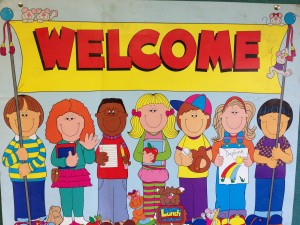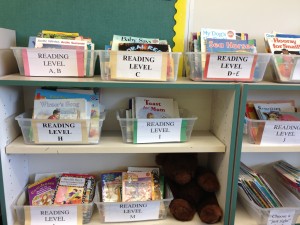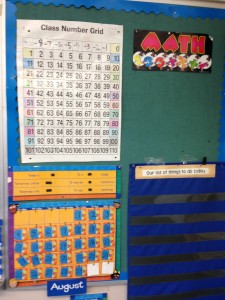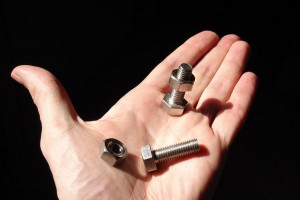Posted by kavery508 | Posted in Uncategorized | Posted on September 29, 2013
Reading We continue to learn about recognizing personal connections to the texts we read. Young children may say they have no connections to a story (about, say, the first day of school). This just means they’re still learning to become aware of how situations in text relate to their lives. When reading with your child, help her/him see the way characters and plots are similar to people and events s/he knows. The next step is to teach kids to see why this is meaningful: when they make a connection to a text, it helps them understand better, make predictions, and follow the choices made by the characters. More info on the different types of connections we encourage students to become aware of, as well as good prompts for adults to give: http://www.readwritethink.org/professional-development/strategy-guides/making-connections-30659.html
This week we will learn how to read with a peer during Daily 5 time, called Read to Others. This is a strategy that is shown to improve fluency and comprehension. Students read the same or different books, either taking turns or reading chorally. They also take turns telling each other what they heard the other read (retelling, summarizing). It takes a lot of negotiating and compromising at first–and that’s often hard for first-graders–so we’ll spend a lot of time practicing expected behaviors for this new routine. More at: http://www.thedailycafe.com/public/department65.cfm
Our phonics work focuses on hearing, finding, reading, and spelling words with short -e: get, hen, leg, etc. Our vocabulary focus will be on words specific to our science lessons: specimen; properties; texture.
Math Everyday Mathematics has online games! Coming home in Monday’s folder is a paper with your child’s password and the web address to log in: www.everydaymathonline.com. The games are electronic versions of skill building games we play here. When you click the Grade 1 tab, you’ll see what’s available. So far, we have learned to play Monster Squeeze; Number Grid Game; and Top It.
Unit 2 continues with an exploration of “Complements of 10”. This is a valuable skill to learn! If a student automatically knows that 4 + 6 = 10, s/he can apply that knowledge to understanding adding and subtracting within 100. For example, if I know that 1 + 9 = 10, then I can see how 21 + 9 = the next “10”, or 30. This can be further extended to numbers in the 100s: 40 something plus 60 something will give just over 100, as will 20 something plus 80 something, etc.
We have begun a “Mad Minute” math facts practice time. By the end of the trimester, students should be able to tell/write the answer to any of these facts up to 5 in 3 seconds or less: 0 + 0 = 0, 0 + 1 (and the reverse 1 + 0, called the turnaround fact); etc. up to 0 + 5; 1 + 1, etc. up to 1 + 4; 2 + 1, and so on. We’ll teach them tricks like using the identity property of adding 0, and just counting up one when adding 1. We will practice taking quizzes for 1 minute each day. Math facts homework will be added at the start of November.
Writing This week we will focus on writing expectations for all of first grade: using uppercases and end marks; sounding out words completely; using consistent spacing; and writing in complete thoughts (no words missing; words in right order). We will apply them in our daily writing as well as our personal narratives.
Science We have collected rock specimens on our Nature Trail! This week we will learn how to make scientific drawings using them, and how to observe them like a scientist (noting how they look, sound, feel, and what happens when they are moved, rubbed together, etc.).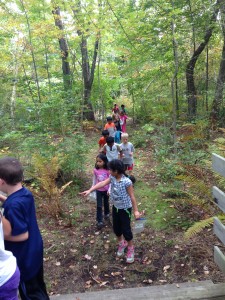
Social Studies We were introduced to the topic of history last week. This week we will explore geography by focusing on maps. Our essential question for the year is: How do maps show places? Young kids naturally find more meaning in literal representations of things (models, photographs) before moving to abstract ideas like icons or map symbols. We will first explore making maps with photographs of our classroom and the playground (places that already have meaning for them).


